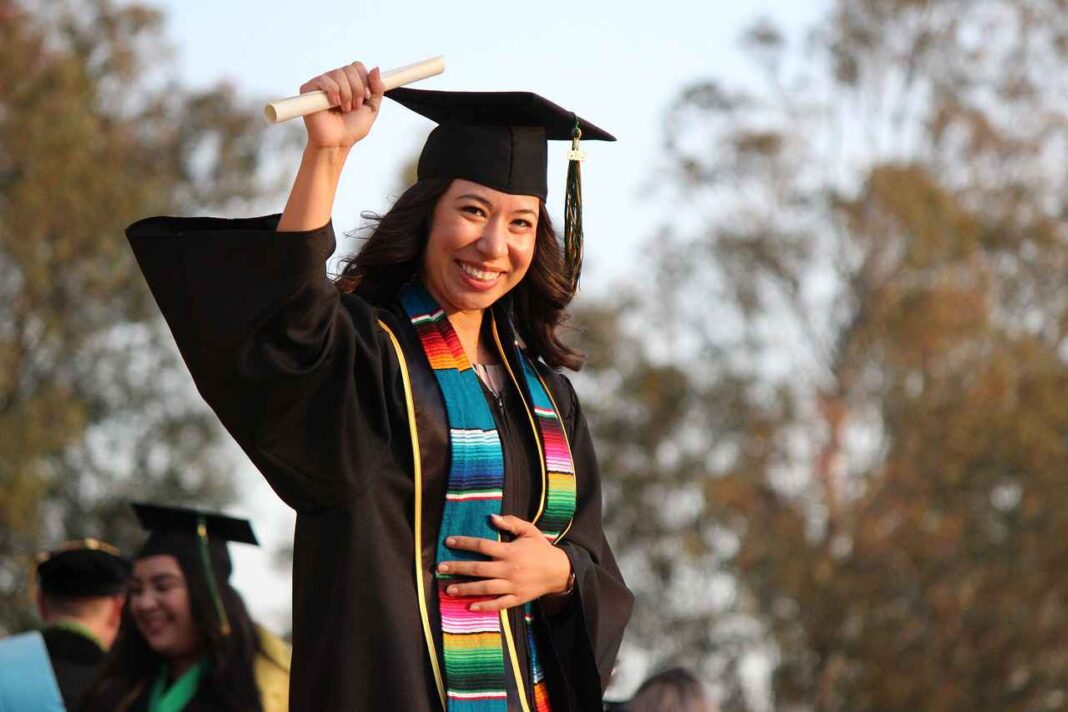If you’re considering Harvard or similar elite institutions, it’s time to think twice. The prestige of such universities is under scrutiny due to recent scandals and debates over admissions practices. Many people are questioning the value of these institutions, especially as they’ve been highlighted during the Supreme Court case about affirmative action, revealing preferential treatment for legacy students, donors, and certain racial groups.
Amid these controversies, Harvard’s reputation has particularly suffered, not helped by incidents involving accusations of poor leadership and ethical missteps among its administrators. This growing disillusionment with elite universities is something potential applicants should consider seriously.
Back in 1994, as I navigated college applications as a public school student with average credentials, I bypassed the allure of prestigious schools like Harvard due to the high costs and opaque admissions. Instead, I opted for state schools with much lower tuition, proving that success doesn’t necessarily require a diploma from an elite name.
After college, I landed a job at a top investment bank, where I realized that many graduates from prestigious universities often didn’t fit our team, despite their impressive resumes. This experience showed me that where you graduate from doesn’t predetermine success. It’s about being a great team player and having a genuine passion for your field.
Today, the negative perception towards elite university alumni is growing, affecting even those who achieved their place through merit. It’s increasingly clear that these institutions must become more transparent and equitable in their admissions processes to maintain their reputation.
In the Harvard vs. Asian-American discrimination lawsuit, we’ve learned that despite Harvard’s secretive admissions process, the odds are significantly skewed in favor of legacy and donor-connected students. This system, where money and connections weigh heavily, can no longer stand unchallenged in the public eye.
Consider these statistics: legacy students have a five times higher chance of admission, and donors’ children have a seven times higher chance. This isn’t meritocracy; it’s an extension of privilege.
The challenges of gaining admission to schools like Harvard have only grown over time, with drastically lower acceptance rates compared to the past. This trend is exacerbated by the increasing number of international applicants, making the competition even fiercer.
Despite these odds, if you’re from a non-legacy, non-donor background, distinguishing yourself by your own merits is still possible, and perhaps even more commendable given the tilted playing field.
Ultimately, the landscape of higher education, especially at prestigious institutions, is undergoing significant scrutiny and change. The implications of this shift are profound, not just for prospective students but for the institutions themselves as they grapple with evolving public perceptions and the demand for greater fairness in their admissions processes.












































